7 Menstrual Cycle Books That Every Woman Should Read
Want to expand your knowledge and understanding of menstruation and hormone health? You’re in the right place.
These are 7 of my favorite books on all things hormone balance, menstruation, and women’s health.
I'll be the first to admit that I was rather illiterate on all things menstrual cycle until my early 20s... Even though I had my first period at 13... and I was working in health care... and pursuing a degree in wellness...
But even if you are not in the wellness space, I know MANY young women who share a similar experience. There is still this thought that periods are "taboo" and seemingly shouldn't be talked about. Hiding tampons in their sleeves, shrugging off their symptoms, forgetting that half of the human population is or will be menstruating (or has at one point)….
The goal of this post is to give you some of my favorite books around women's health, menstrual cycles, and hormone balance. Not only will they give you tons of tips to help you to have better periods, manage moodiness, and ditch period pain, but more importantly it will help equip you with the knowledge needed to advocate for your own health and wellness.
10 Common Misconceptions About Menstrual Health
This is not meant to shame anyone, and I know a lot of people who just haven't grown up in an environment where talking about this stuff is normal. But I am a firm believer that knowledge is power and the first step towards being able to advocate for yourself and your health.
So I listed below some common period misconceptions- these are all statements I frequently hear working with women or things I used to believe myself before learning more about menstrual health.
Mood swings, cramps, and PMS symptoms are normal.
You can get pregnant at any point throughout the month.
Tampons and pads are the only options for menstrual products.
If you bleed every month, you are ovulating every month.
It is normal to spot throughout the month.
You feel the same regardless of your current menstrual cycle phase.
Wait, there are different parts of the cycle?
Having an irregular period doesn't affect my health.
Being on hormonal birth control won't affect my hormones long term.
Related Reads:
The Importance of Menstrual Health Literacy
For starters, nearly 50% of the population has a menstrual cycle at some point in their life. And for those in their childbearing years, they will consistently be at some point in the menstrual cycle, and have the hormonal patterns affecting their daily life.
Being confident in your menstrual cycle will also empower you with options. Options for your own hormonal health, reproductive options for whether trying to conceive or prevent pregnancy, optimizing menstrual hygiene, and advocating for your own health. Because despite what you'll hear-- it is so important to have a healthy and regular menstrual cycle.
Not to mention, being educated on natural hormonal fluctuations can clue you in on your hormone health. And a shocking fact is that approximately 10% of women have PCOS and another 70% of cases are completely undiagnosed. And even if you don't personally have PCOS, 80% of women have some sort of hormone condition. Whether that is endometriosis, amenorrhea, thyroid disorders, diabetes, or severe premenstrual syndrome. This list of things are all exceedingly common things, but not "normal".
The goal of this post is to serve as an informative handbook on all things menstrual and reproductive health and give you some of my favorite books for digging deeper!
The Best Books on Menstrual Cycle Health
I loove reading and am usually always working on both a fiction and non-fiction read. Through all the health and wellness books I’ve read, these are some of the best I have found on all things menstrual cycle and hormone health!
1. Taking Charge of Your Fertility by Toni Weschler
This was one of the first books i ever read on hormones and hormonal health. And to be honest- it rocked my world. I was completely SHOCKED how there was so many intricacies about the different phases of a woman's cycle that I had no idea about. And to be honest, at that point I had been having a cycle for nearly 10 years?!?! It was at this point in my life that I was getting off of hormonal birth control, struggling with amenorrhea, and looking to balance my hormones. I was also interested in more natural birth control options since my husband and I were not quuuuite ready to start a family.
This book is similar to a textbook in that it is information-heavy-- it goes in depth through each and every one of the phases of the menstrual cycle to give you a better understanding of your cycle for the purpose of fertility. What is great about this book is it gives you information in an approachable way that allows you to actually apply it. Through reading this book you will be equipped with a straightforward guide on tracking your fertility through signs and symptoms of ovulation- basal body temperature, cervical mucous, and cervical position. Whether you want to get pregnant, avoid pregnancy, or just have a better understanding of your hormones and how to support your body through each phase of menstruation-- this is a great option!
2. Period Repair Manual by Lara Briden
I love this book. And with thousands of 5 star ratings, a lot of other people do too. I think it's because it takes the complexity of the women's endocrine system and breaks it down in an easy-to-understand and approachable manner! Especially if you have been diagnosed with PCOS, or have some of the symptoms, this offers so much information and understanding! And not just about the symptoms-- but the cause-- and similarly, giving you lifestyle changes and natural suggestions to address the cause.
3. The Fifth Vital Sign by Lisa Hendrickson-Jack
Period and menstrual health is finally getting seen as the vital information it is-- but there is still work to do! A woman's cycle plays such an important role in her holistic health and I love that this book looks at is through that lens. Because to be honest, periods have been forgotten or disregarded for far too long.
I remember when I was a teenager going to a women's health practitioner for a general checkup and not even being asked anything about my menstrual cycle. At the time I didn't think much of it, but in retrospect, it is just crazy to me!
4. Woman Code by Alisa Vitti
This book is a comprehensive guide focused on women's hormonal health and wellness. Vitti, a functional nutritionist, and women's hormone expert, introduces the "Cycle Syncing" method, which involves aligning diet, exercise, and lifestyle with the different phases of the menstrual cycle.
The book covers five key steps to balancing hormones naturally: stabilizing blood sugar, nurturing adrenal health, supporting liver detoxification, maintaining a healthy gut, and syncing with the menstrual cycle. Vitti also provides practical advice on nutrition, stress management, and self-care practices tailored to each phase of the cycle, aiming to empower women to take control of their hormonal health and overall well-being.
I think this is a great book for changing the way you look at your menstrual cycle and how to practice self-care in every phase.
5. Period Power: Harness your Hormones and Get your Cycle Working for you by Maisie Hill
This is an approachable guide to taking control of your menstrual cycle holistically. I really love the relatable tone and how Maisie empowers women to find power through every part of the cycle. Unlike some of the other books on this list, this one actually reads like a book, not a textbook.
Maisie Hill is uniquely placed, as an acupuncturist, women's health practitioner and doula, to explain just how we can achieve harmony with our cycle. She also brings attention to particular milestones that require an altered approach, such as coming off hormonal birth control, infertility, pregnancy, motherhood and the perimenopausal years. Using what Hill calls the cycle strategy--a woman's secret weapon when it comes to improving her relationships, career and health--she will apply the principles of Eastern and Western medicine to give women all they need to make sense of their cycles, as well as accessible and practical suggestions through which readers can improve their physical symptoms, and stop berating themselves because of the way that they evolve through each menstrual month.
6. The Moon Cycle Cookbook: A Holistic Nutrition Guide for a Well-Balanced Menstrual Cycle by Devon Loftus and Jenna Radomski
Did you know that in each phase of the menstrual cycle, your body loses specific nutrients? This cookbook is taking that menstruation science and pairing it with delicious recipes to help replenish your body with these micronutrients. Not only do the authors give you amazing recipes, but the book itself is stunning.
Both authors do an amazing job at reminding the reader of bio-individuality- the fact that everybody works a little differently and not one thing works for every person. This means they don't push any prescriptive diet (ie dairy free, gluten-free etc.) which is refreshing in this space-- especially from a cookbook.
Some of my favorite recipes from the book are:
vanilla cacao elixir
almond butter- dark chocolate cups
baked salmon caked with lemon dill aioli
7. Flow: The Cultural Story of Menstruation by Elissa Stein and Susan Kim
While the other books on this list are educational and informative, this book also accomplishes those things while being witty, funny, and irreverent. You'll learn about the history of periods, menstrual products, different cultures rituals surrounding women's health, and more. It reads more like a magazine than a book and relays a taboo topic in a casual, upbeat manner.
I see this being a great introduction for young women into the realm of menstrual and women's health. Not too heavy, informative, and light-hearted.
Progesterone levels to proliferative phase, pituitary gland and more-- menstruation, fertility, and women's health are complex. It can all feel really intimidating when you first dive in but I encourage you to stick with it. My hope is these books can help you to build holistic habits for lasting hormone balance and overall wellness. If you have any other books you love, i'd love to hear from you!
Related Reads:
My Favorite Books on Natural Childbirth and Breastfeeding



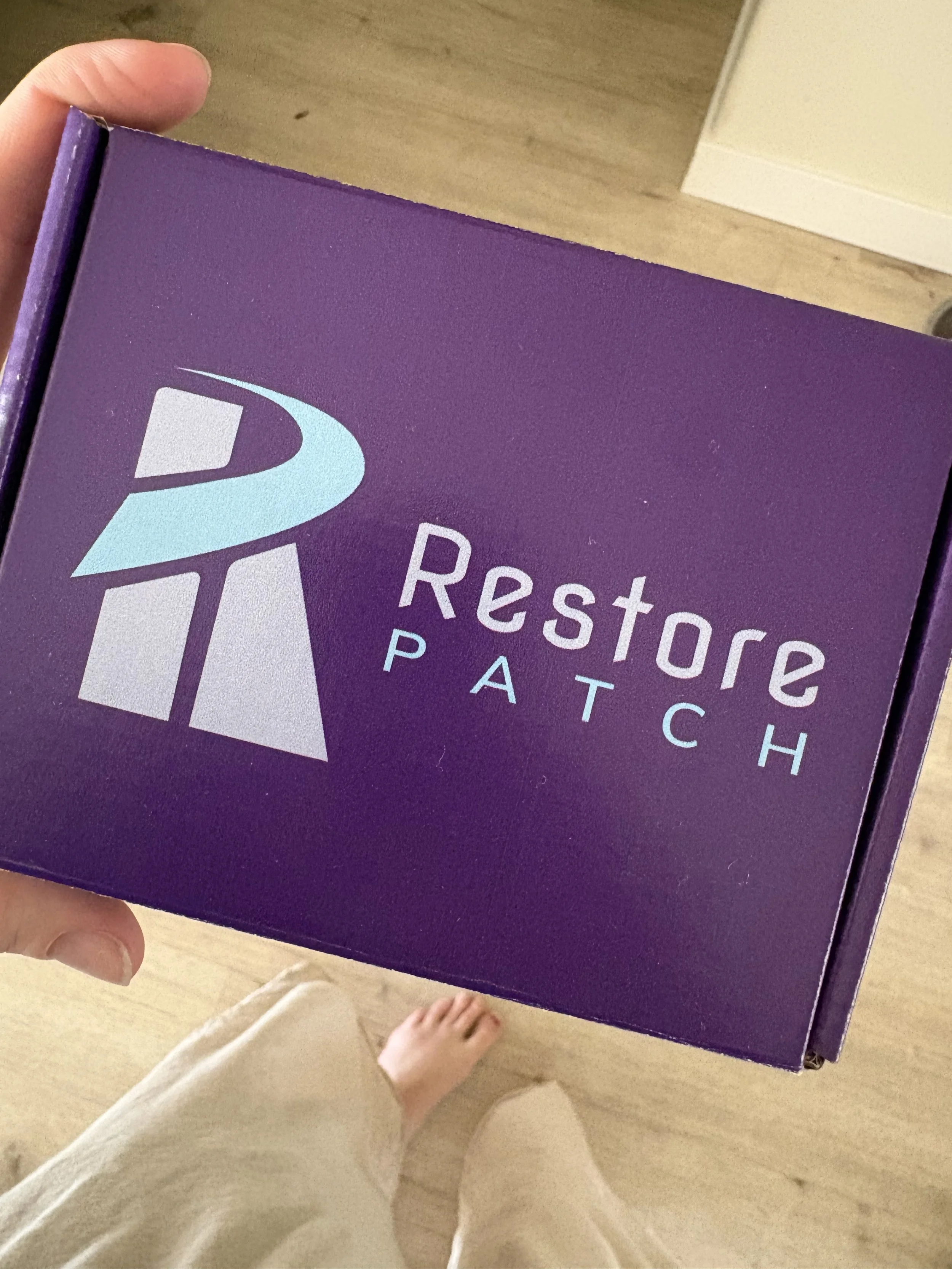
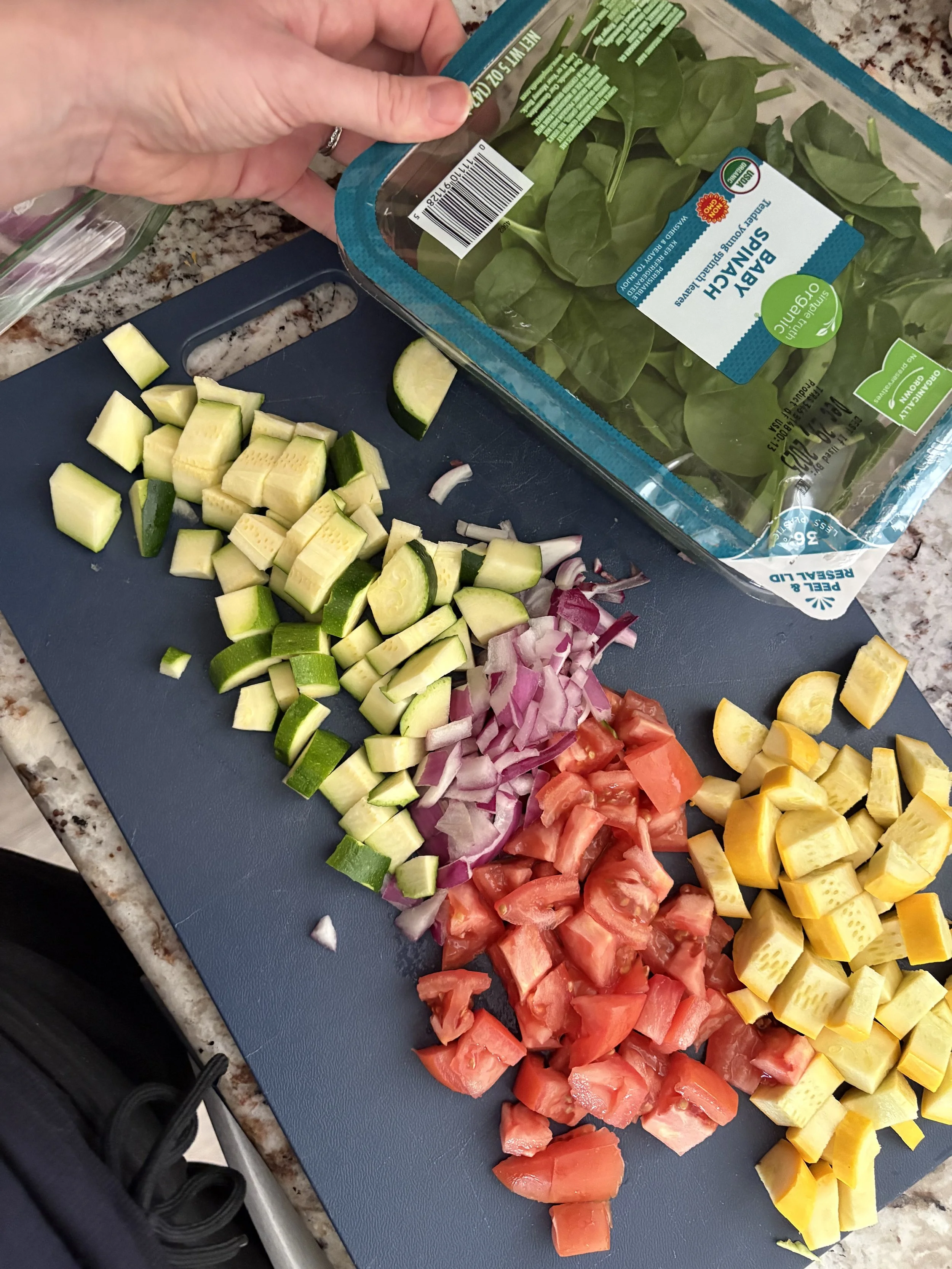
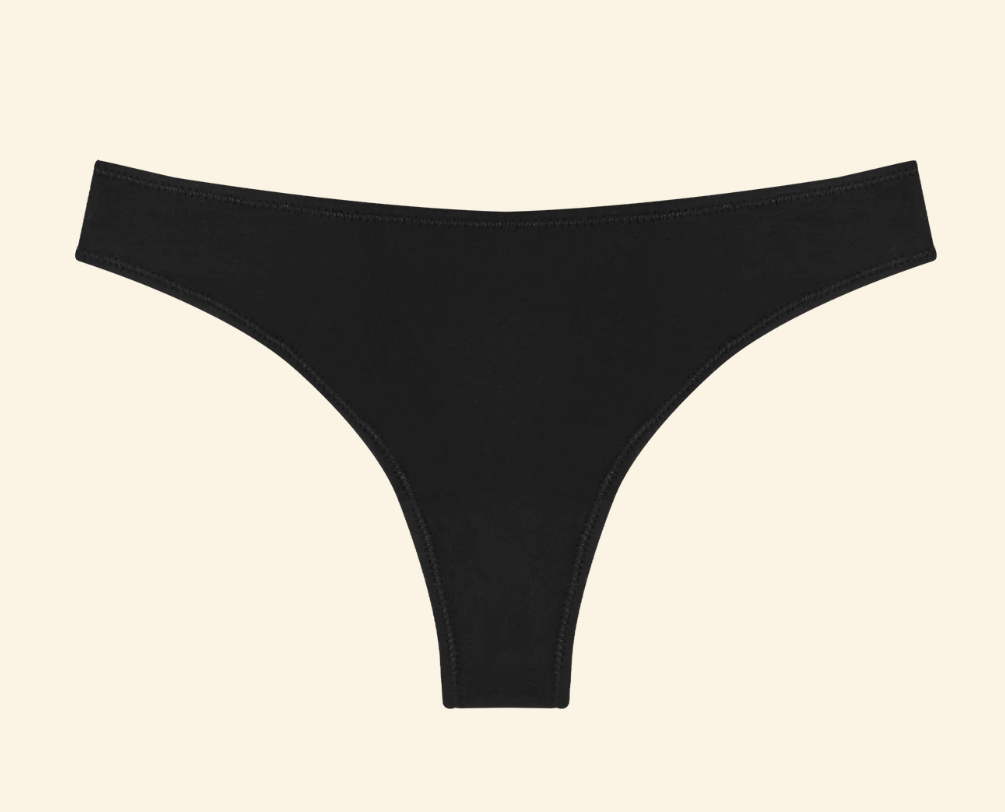
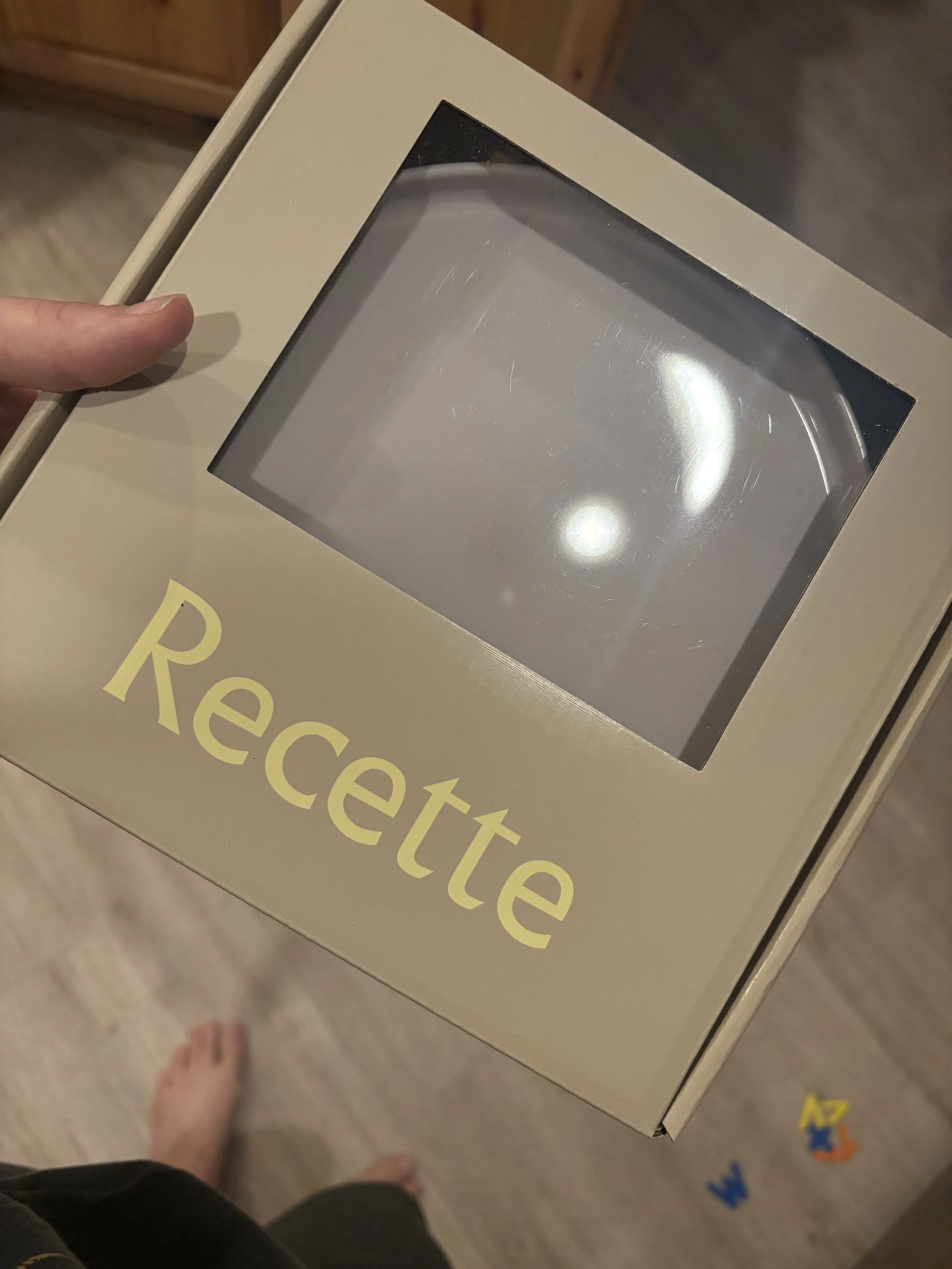
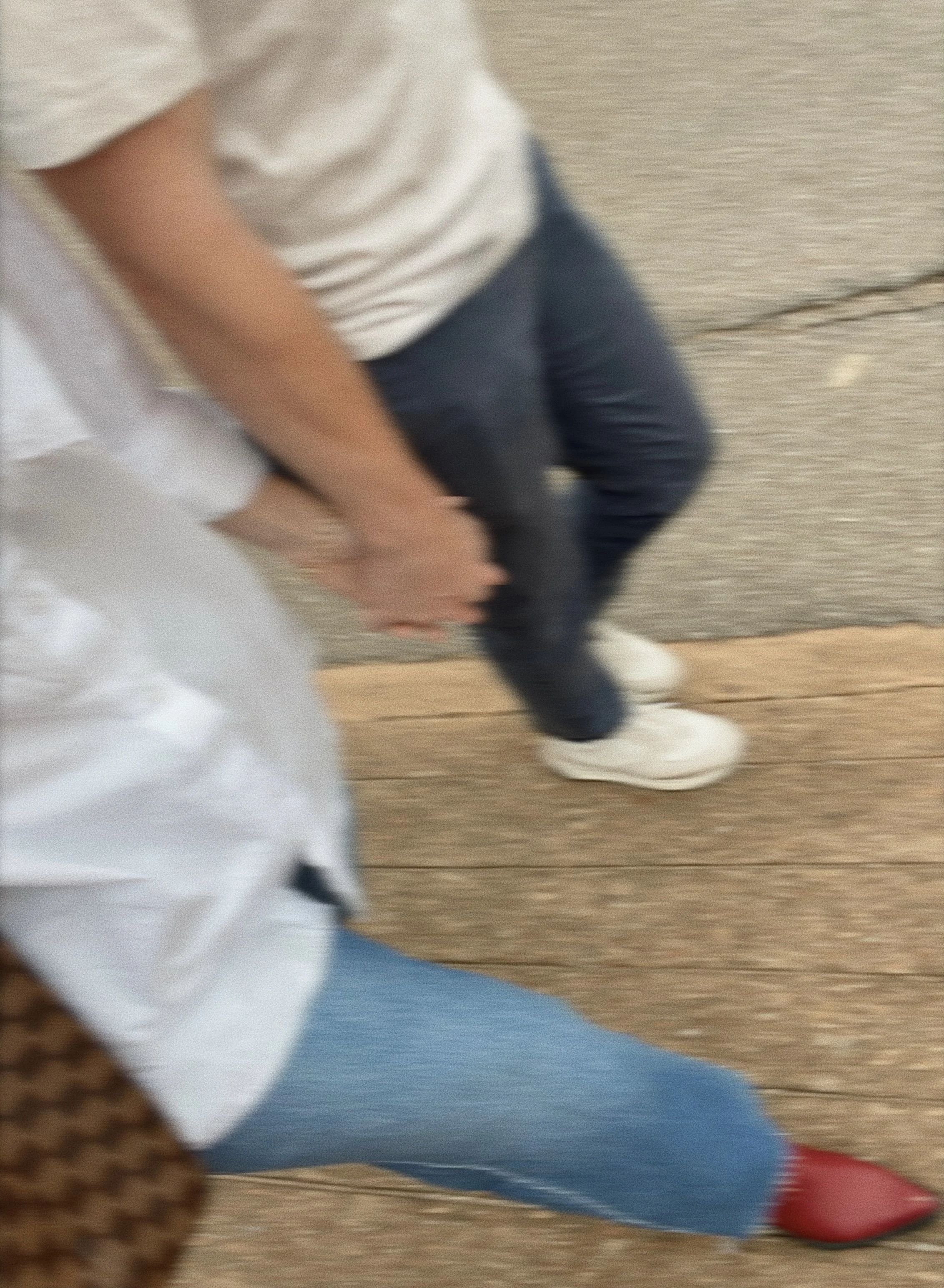
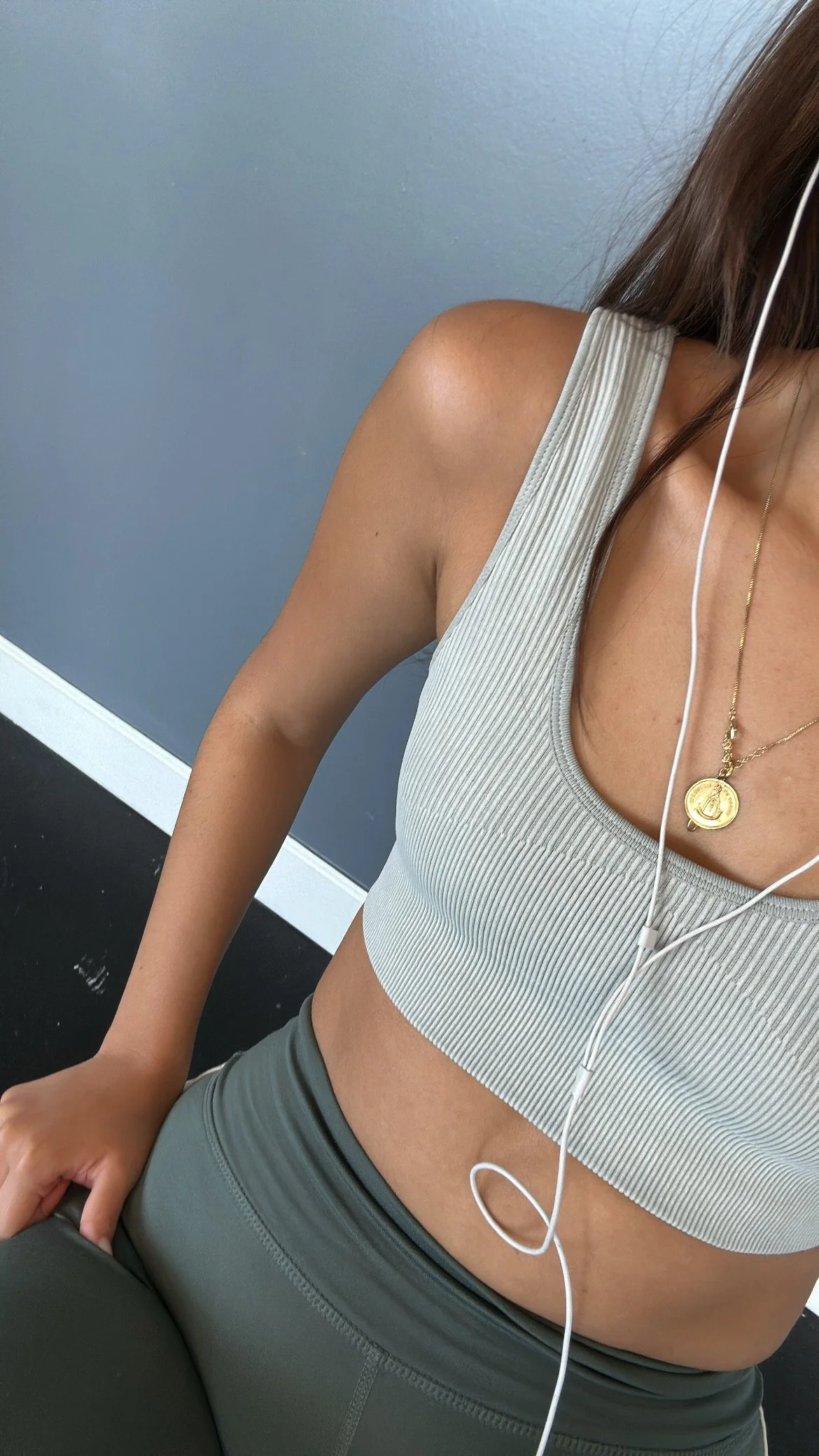
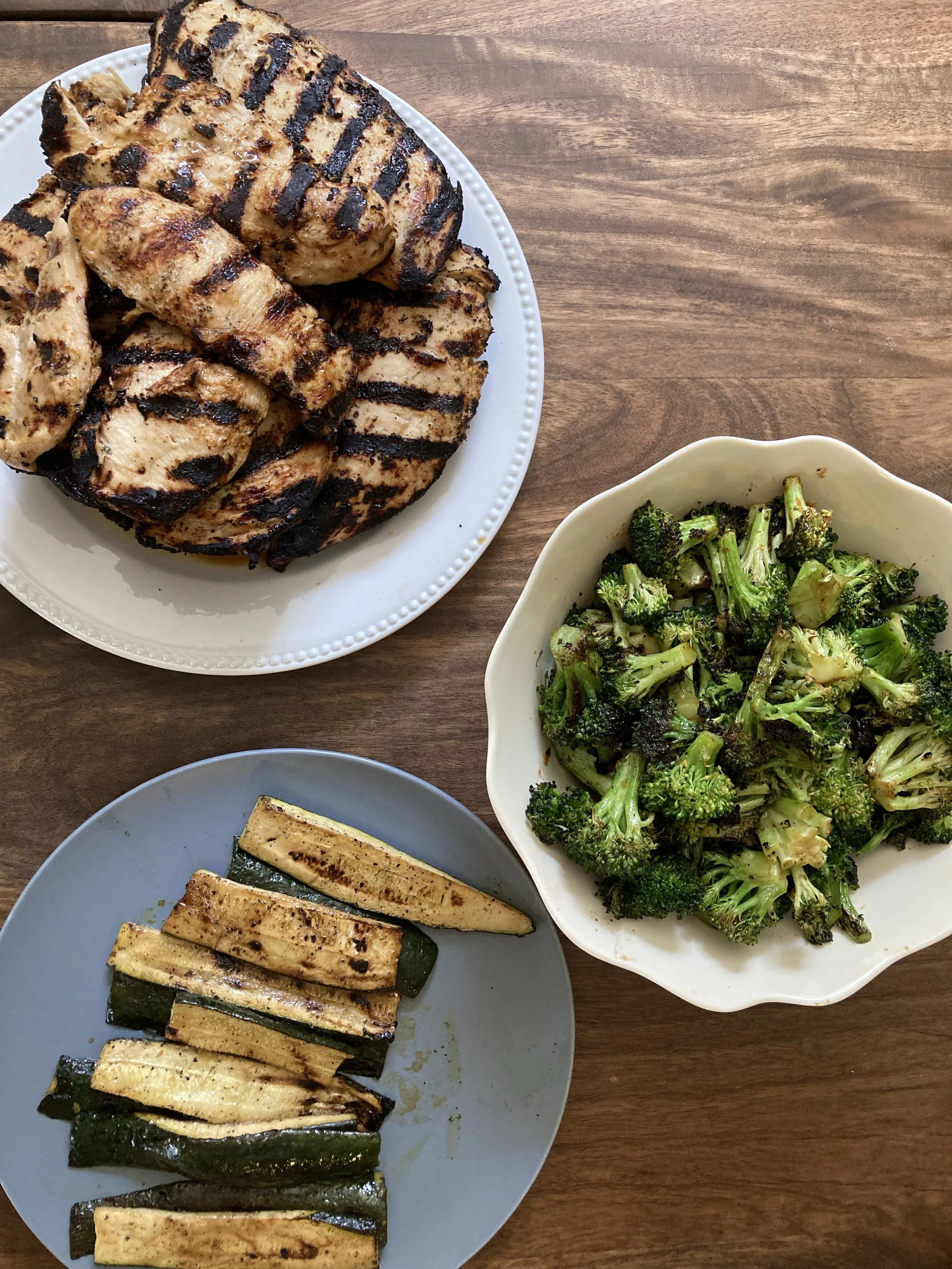


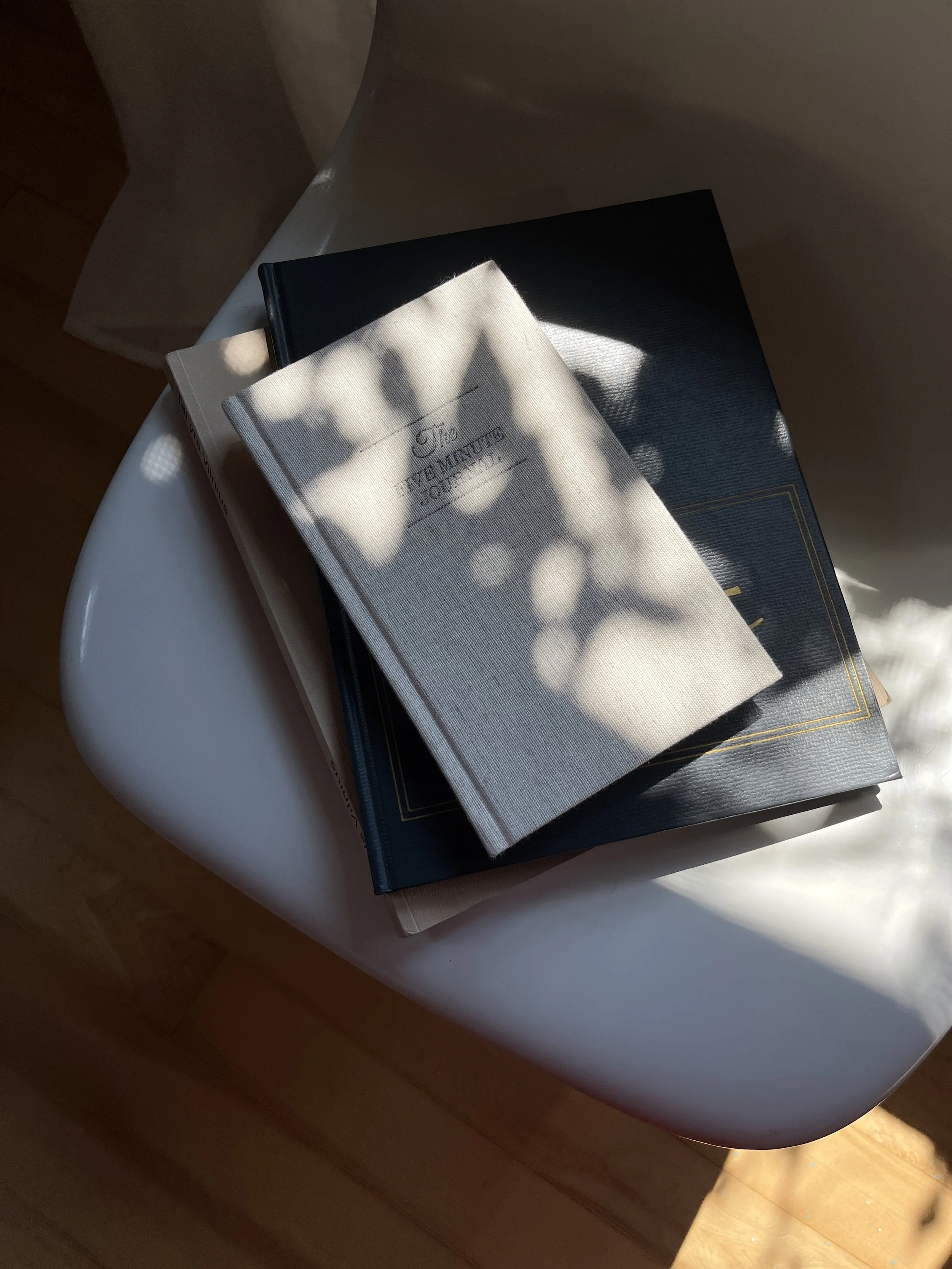

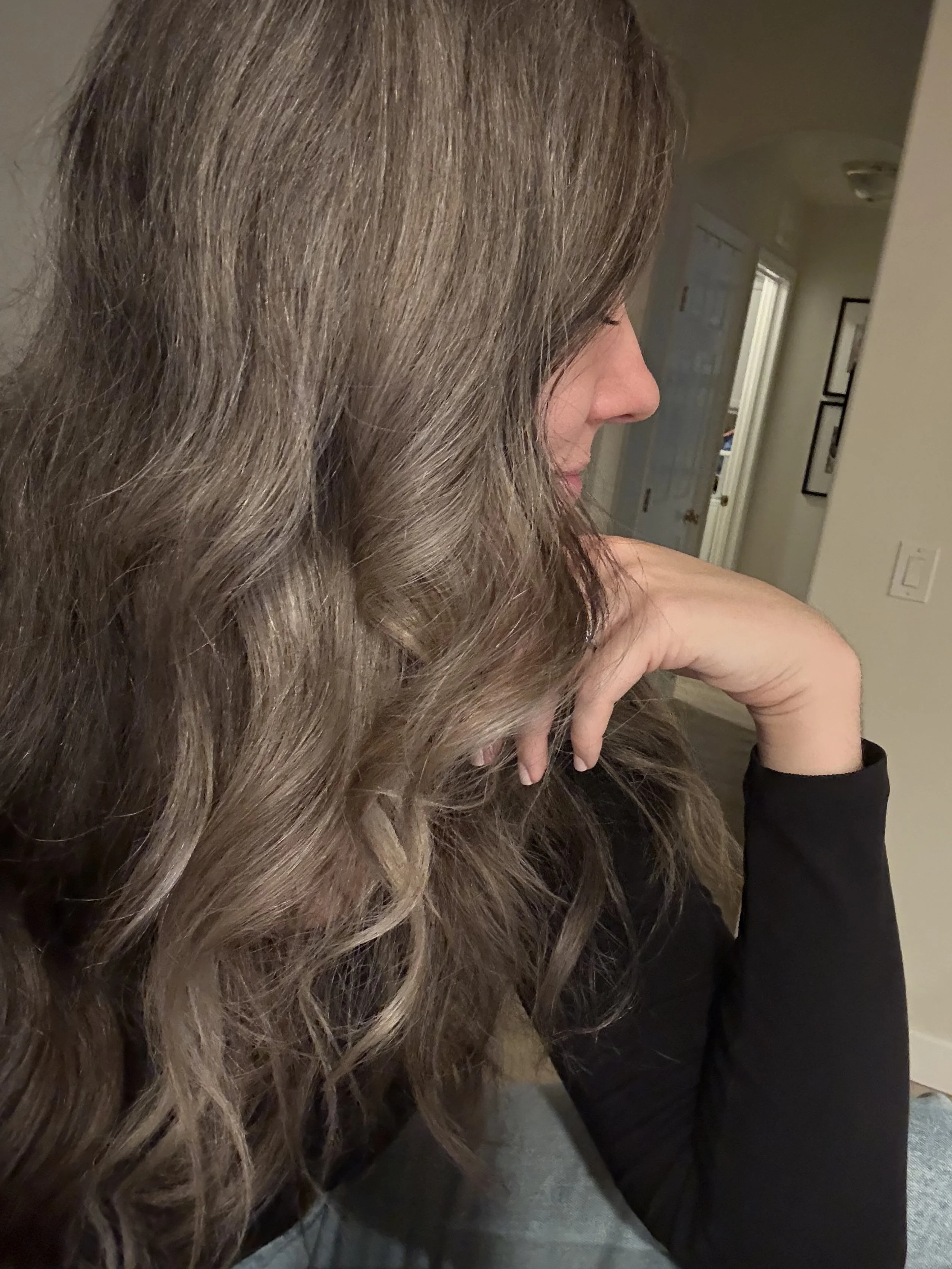

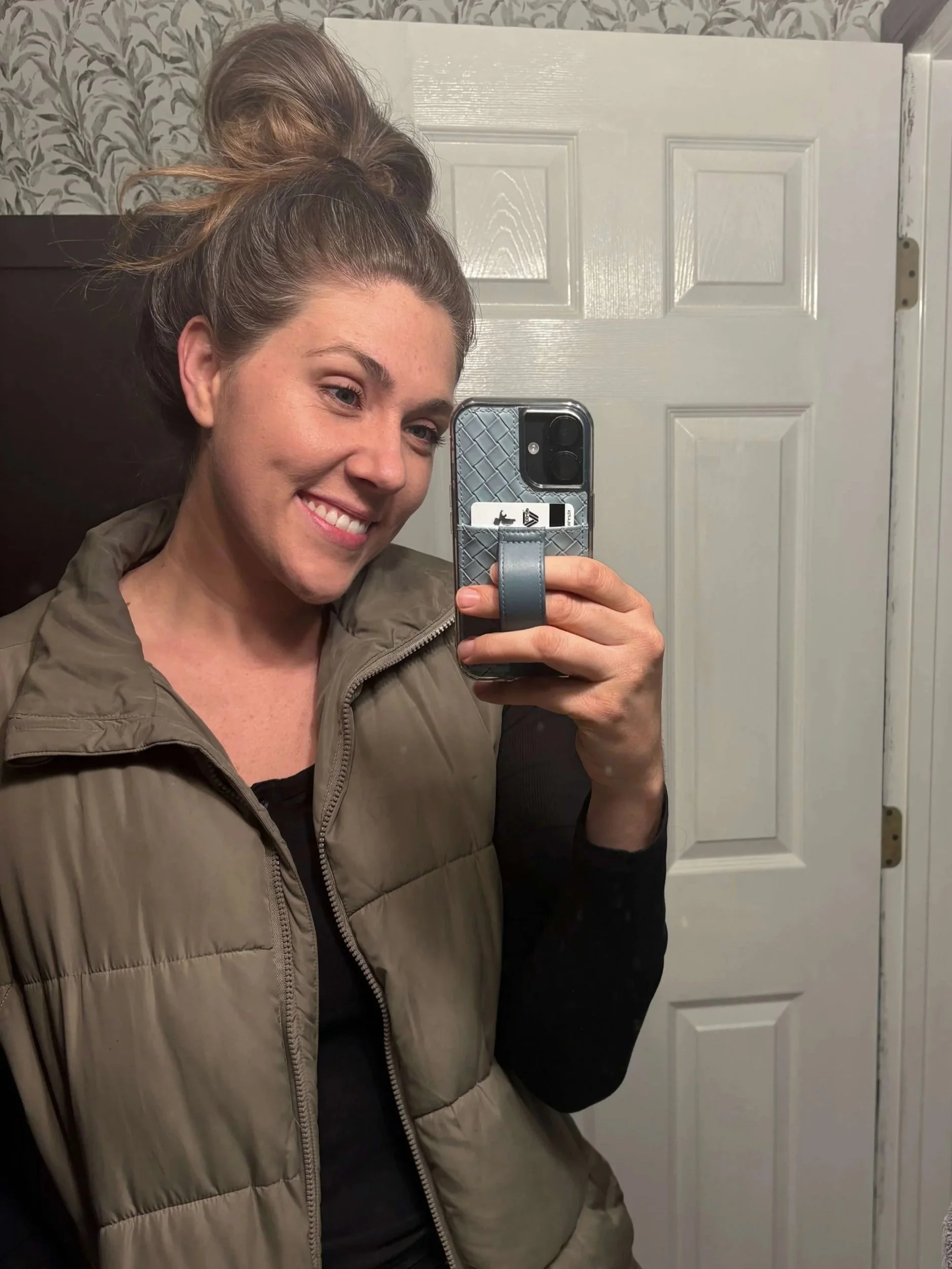
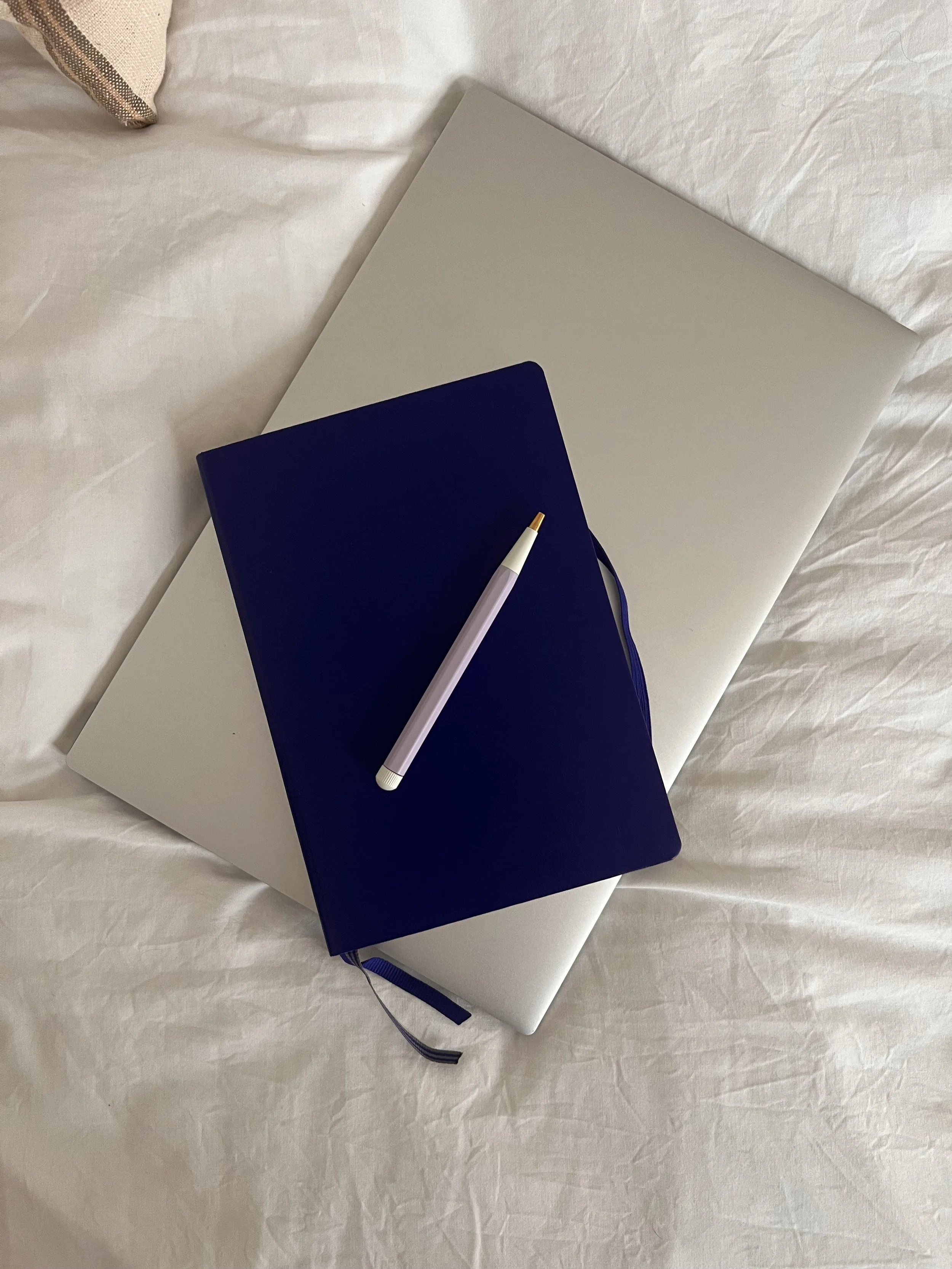



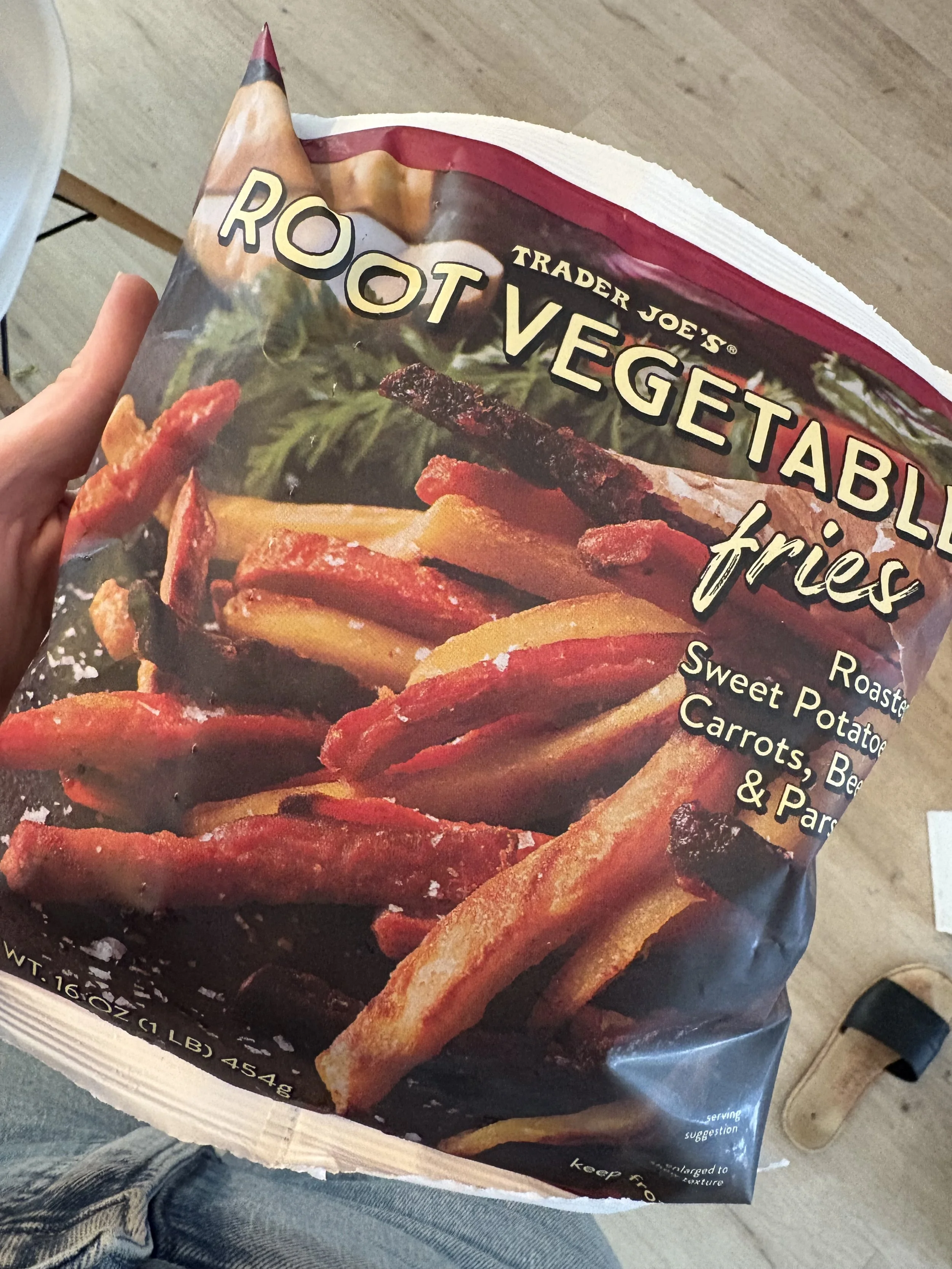
What is self-care actually?? This post explores what actually supports our wellness.. and all ideas shared take 5 minutes or less 👏